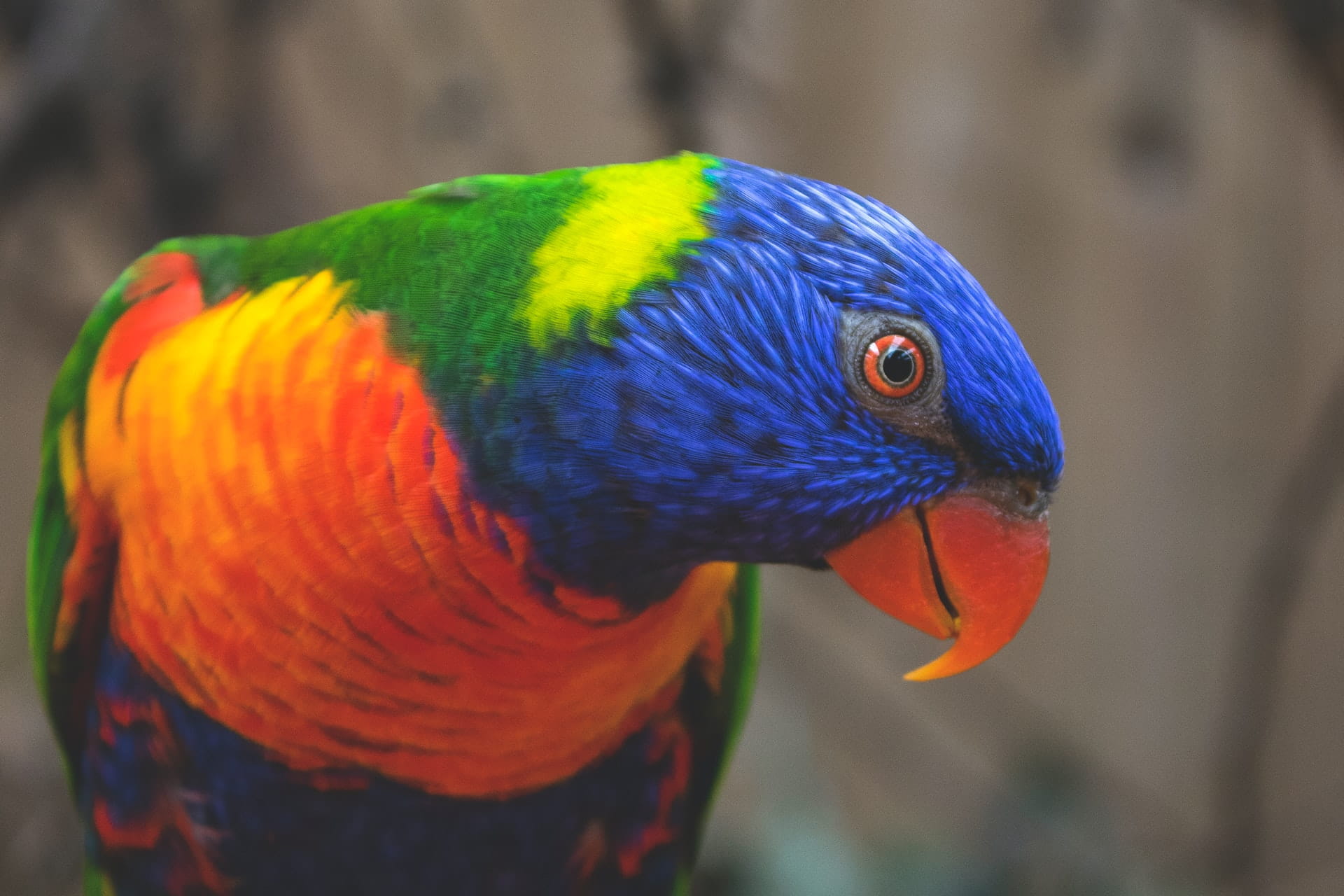JavaScript seems to be disabled in your browser. For the best experience on our site, be sure to turn on Javascript in your browser.
What to do if your bird is sick

Birds are often good at concealing signs that they are feeble. This is why many new bird owners may not know the symptoms of bird sickness. There are a few indications you should watch for to have the best chance of saving your pet from a life-threatening illness. If your bird shows any of these warnings, contact your veterinarian as soon as possible
- Even though the colour of your bird's droppings may vary slightly depending on what you feed it, you should watch out for droppings that are yellow, rusty brown, or tarry black. These can be a sign of internal bleeding or other serious problems. Pay attention to any major change in the consistency of your bird's droppings. Whether they're too runny or too firm, they can cause complications for your pet.
- If a bird sits with its feathers fluffed out for a lengthened period, it likely has some respiratory problems and other disorders. Also, ruffled feathers tend to hide weight loss, which can be life-threatening for a bird. If you observe this behaviour in your pet for more than a day or so, contact your vet as soon as possible.
- When you observe any redness, inflammation, or discharge around your bird's cere, there's a chance that your pet could be seriously ill. These are symptoms of a respiratory, nervous, or muscular disorder.
- When your bird stops eating and begins to lose weight, This could be a sign of an intestinal blockage
- When you see your bird breathing with its mouth open, there's a chance that it has been sick for quite a while.
- Lengthened, repetitive bobbing of the tail can indicate a respiratory infection
- If you notice any changes in the frequency or general tone of your talkative bird's vocalizations, he/she just might be sick.
How to care for your sick bird
- Give it medication
You must administer medication, ensure you administer as directed by the veterinarian. If you do not give your pet bird medication as directed, it may not recover and may relapse, leading to a more prolonged second round of therapy. If you are uncomfortable administering medication to your bird, please inform your veterinarian and consider having the bird hospitalized for treatment.
Ensure you also purchase Vitamins And Supplements, Health Accessories & Sprays, and Health Blocks
2.Always keep your pet bird warm
Increasing your pet's body temperature would not only boost appetite but improve digestion, and stimulate its body's defence against illnesses.
3.Do not change your bird's sleep cycle
Leaving the light on 24 hours every day would make it difficult for him to sleep and may add to your bird's anxiety during recovery. If your bird is ill, do not change its sleep cycle.
4.Ensure your bird eats and drinks
Without adequate nutrition and fluids, your sick pet will not get better.
5.Avoid stress
Sick birds are already under excessive stress don't stress it by making it play. Let it stay in its cage
6.If your bird is ill, it should be isolated from other pet birds. Segregating your sick bird enables you to monitor his food consumption activity more closely, allows him to rest, and also helps decrease the chances of spreading contagious illness to other birds in the house.
7.Avoid sudden diet or environmental changes while your bird is ill.










